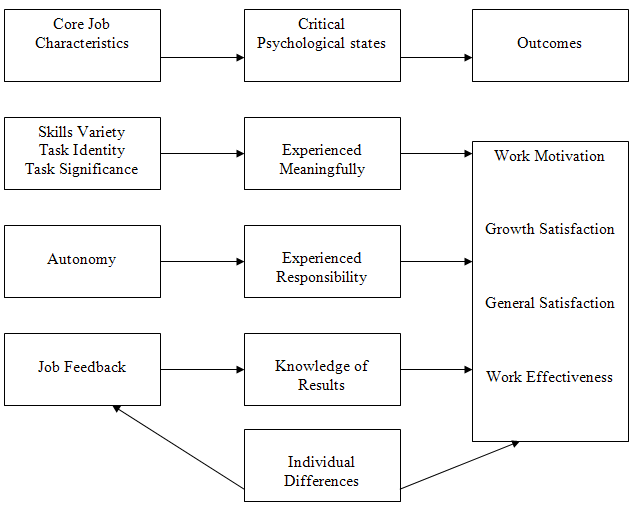Components of Performance Management System
April 3, 2025
 Components of Performance Management System
Components of Performance Management System
Any effective performance management system includes the following components: Performance Planning: Performance planning is the first crucial component of any performance management process which forms the basis of performance appraisals. Performance planning is jointly done by the appraisee and also the reviewee in the beginning of a performance session. During this period, the employees decide…
 Competency Management Approach for Setting Superior Performance Benchmarks
Competency Management Approach for Setting Superior Performance Benchmarks
In the present business environment of cut throat competition and globalization, competency based practices have gained much of an attention from the contemporary organizations. They aim at achieving an optimum performance in the long term by developing the skills and competencies of the employees on a continuous basis. Competency based management systems are primarily employee…
 Benefits of a Performance Management System
Benefits of a Performance Management System
A good performance management system works towards the improvement of the overall organizational performance by managing the performances of teams and individuals for ensuring the achievement of the overall organizational ambitions and goals. An effective performance management system can play a very crucial role in managing the performance in an organization by: Ensuring that the…
An organization’s performance largely depends upon the HRM practices of which one of the major components is the job design practices.
Organizations like Imation, Xerox, etc, motivate their employees by designing challenging and interesting jobs. Job designing is the process of assigning tasks to a particular job by equally considering the interdependency of those tasks with the other jobs.
Job design practices can influence the work motivation and the performance of the employees by increasing the work efficiency through job specialization.
These practices have evolved and are in a state of constant change due to the changes in the business environment, increased role of information technology, workforce flexibility and technological changes.
The Job Characteristics Model suggests a framework of how effective job design practices can lead to improved work motivation and satisfaction of employees thereby leading to improved organizational performance.

Source: Work Redesign by J.R. Hackman and G.Oldham
According to the job characteristics model, employees will remain motivated and satisfied if the jobs satisfy the following characteristics:
Job design need not necessarily increase the work motivation of the employees as it is affected by the individual differences. Factors such as employee competence, their satisfaction with their work environment and their growth needs influence the motivation level of the employees.
Your email address will not be published. Required fields are marked *